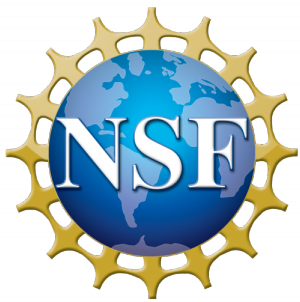December 15th, 2015 | RESEARCH
The design, delivery and evaluation of JCOM Masterclasses has given us the opportunity to reflect on the audiences, training needs and training schemes available to people working at different levels and in different contexts to communicate STEM subjects to a diverse variety of people. Although not always widely available, short courses in the communication of science have been offered in a number of countries around the world over the past few years. We felt it is now time to open a discussion on the rationale, the methods and the objectives of such training programmes.
Document
(no document provided)
Team Members
Paola Rodari, Author, SISSAEmma Weitkamp, Co-Principal Investigator, University of the West of England, Bristol
Citation
Identifier Type: issn
Identifier: 1824-2049
Publication: Journal of Science Communication
Volume: 14
Number: 4
Related URLs
Tags
Audience: Museum | ISE Professionals | Scientists
Discipline: General STEM
Resource Type: Mass Media Article | Reference Materials
Environment Type: Professional Development | Conferences | Networks | Professional Development and Workshops

